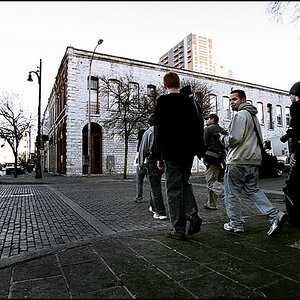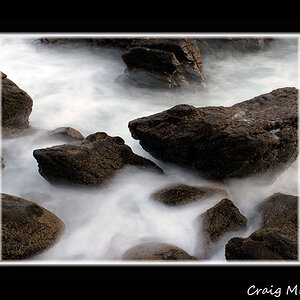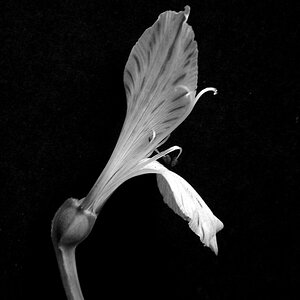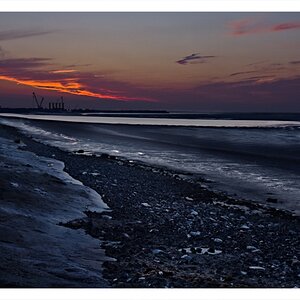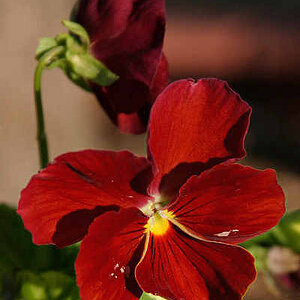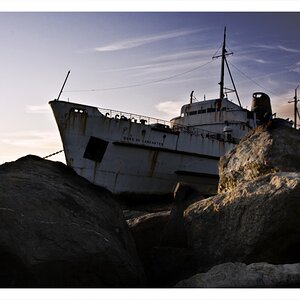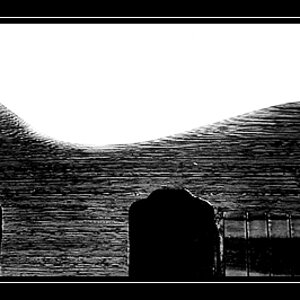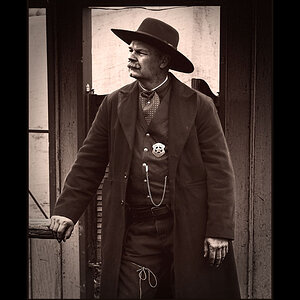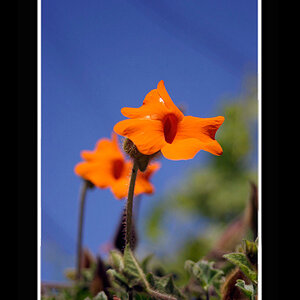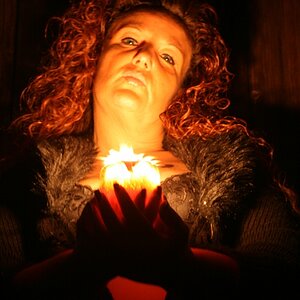roger.wee
TPF Noob!
- Joined
- Jan 9, 2008
- Messages
- 14
- Reaction score
- 0
- Location
- Australia
- Can others edit my Photos
- Photos OK to edit
Hi Everyone,
I've got a question regarding what kind of filter to get for my Canon 10-22mm lense.
I go mountain climbing a lot and am planning to go to France at the end of this year (winter), and was about to get a Polarizing filter with a UV filter but my friend just told me that i should get a graduated ND Filter...apparently works well for landscape shots...Can anyone please tell me what the better option is, and perhaps a few reasons why?
Thanks in advance.
Roger.
I've got a question regarding what kind of filter to get for my Canon 10-22mm lense.
I go mountain climbing a lot and am planning to go to France at the end of this year (winter), and was about to get a Polarizing filter with a UV filter but my friend just told me that i should get a graduated ND Filter...apparently works well for landscape shots...Can anyone please tell me what the better option is, and perhaps a few reasons why?
Thanks in advance.
Roger.



